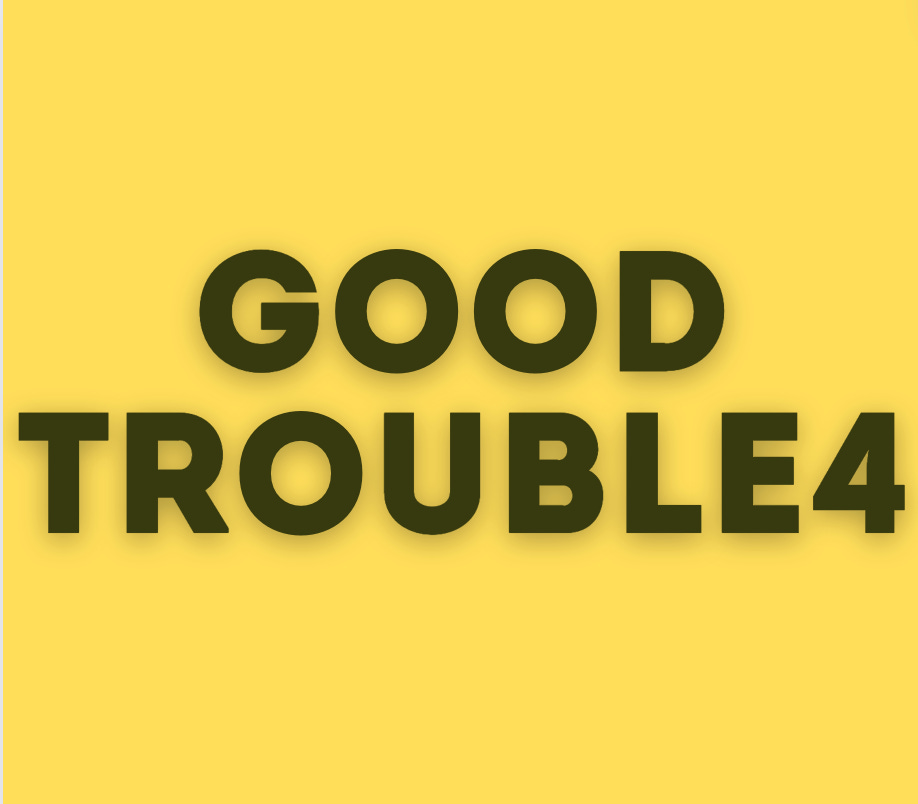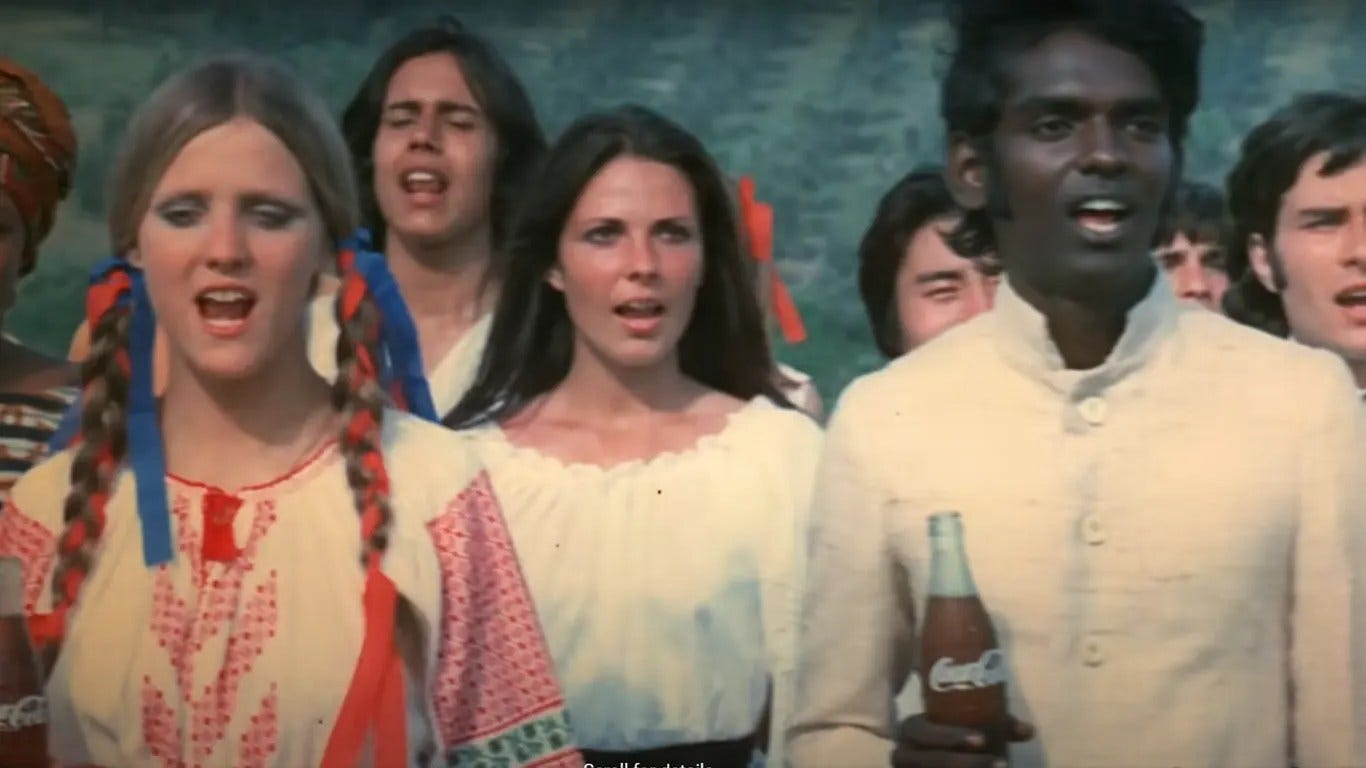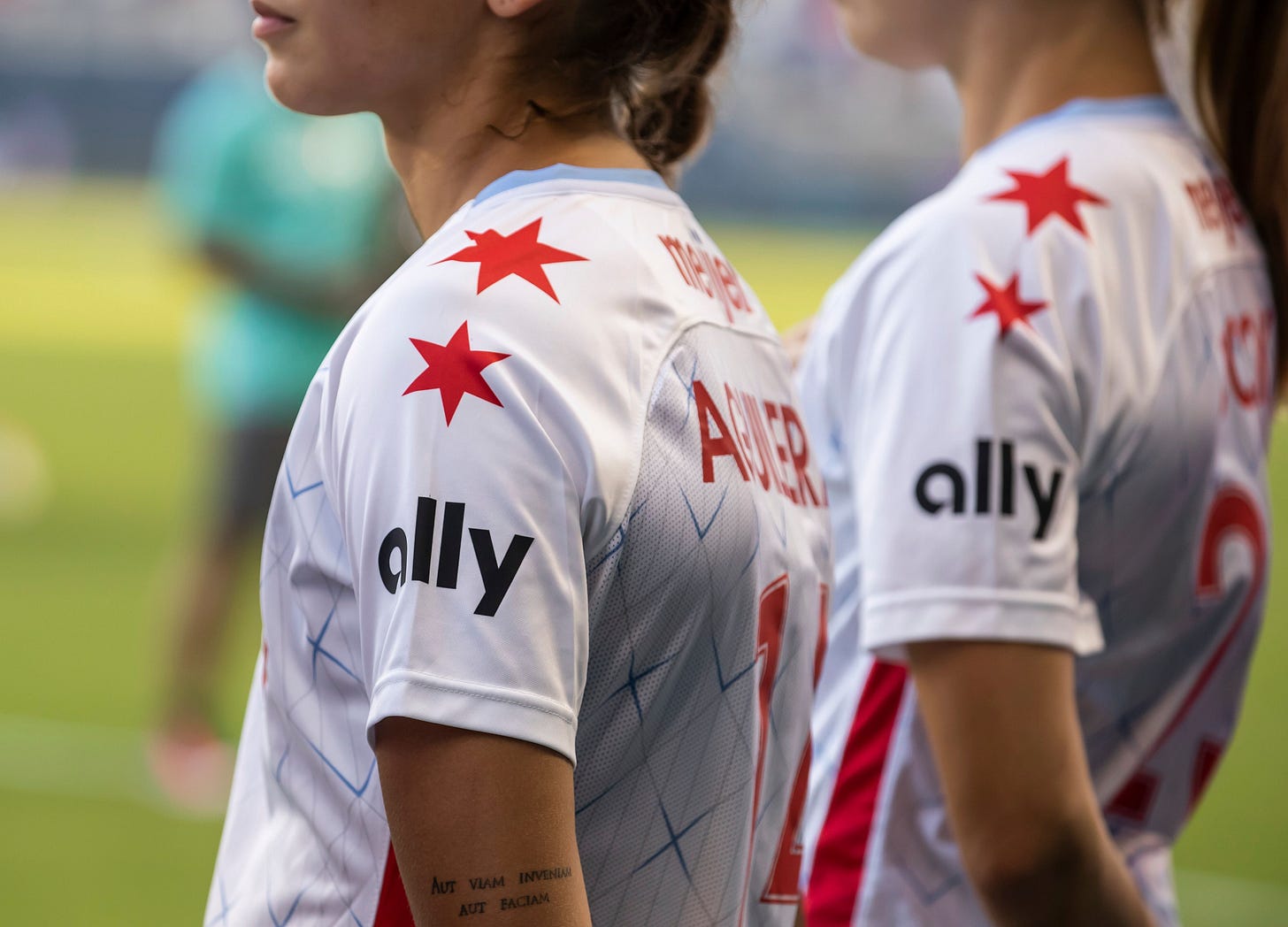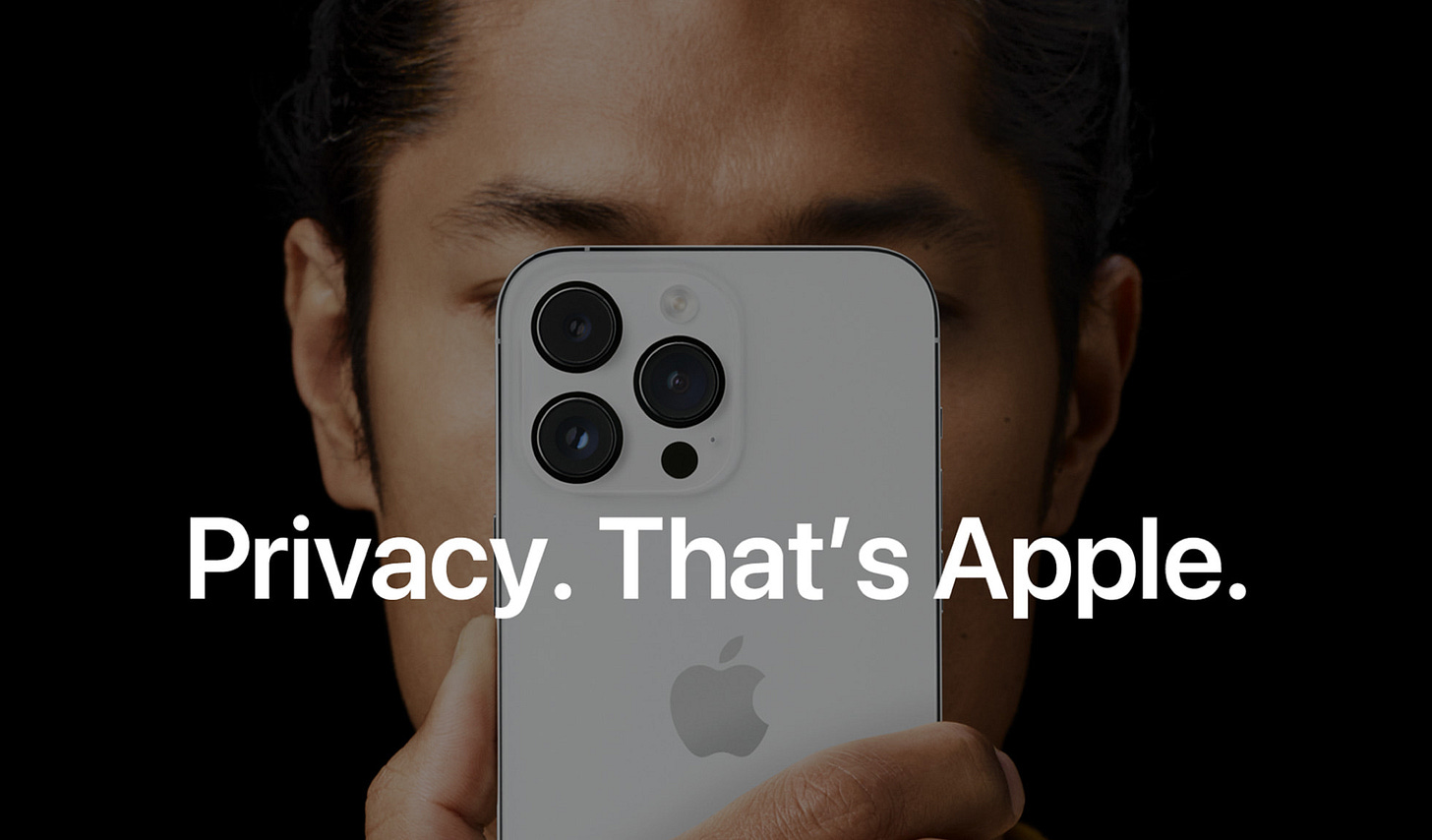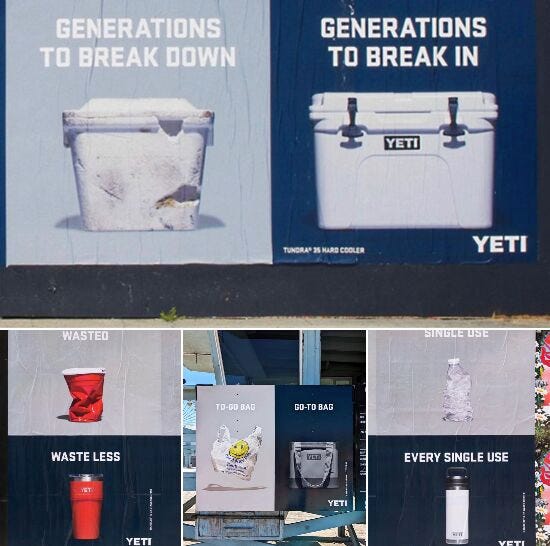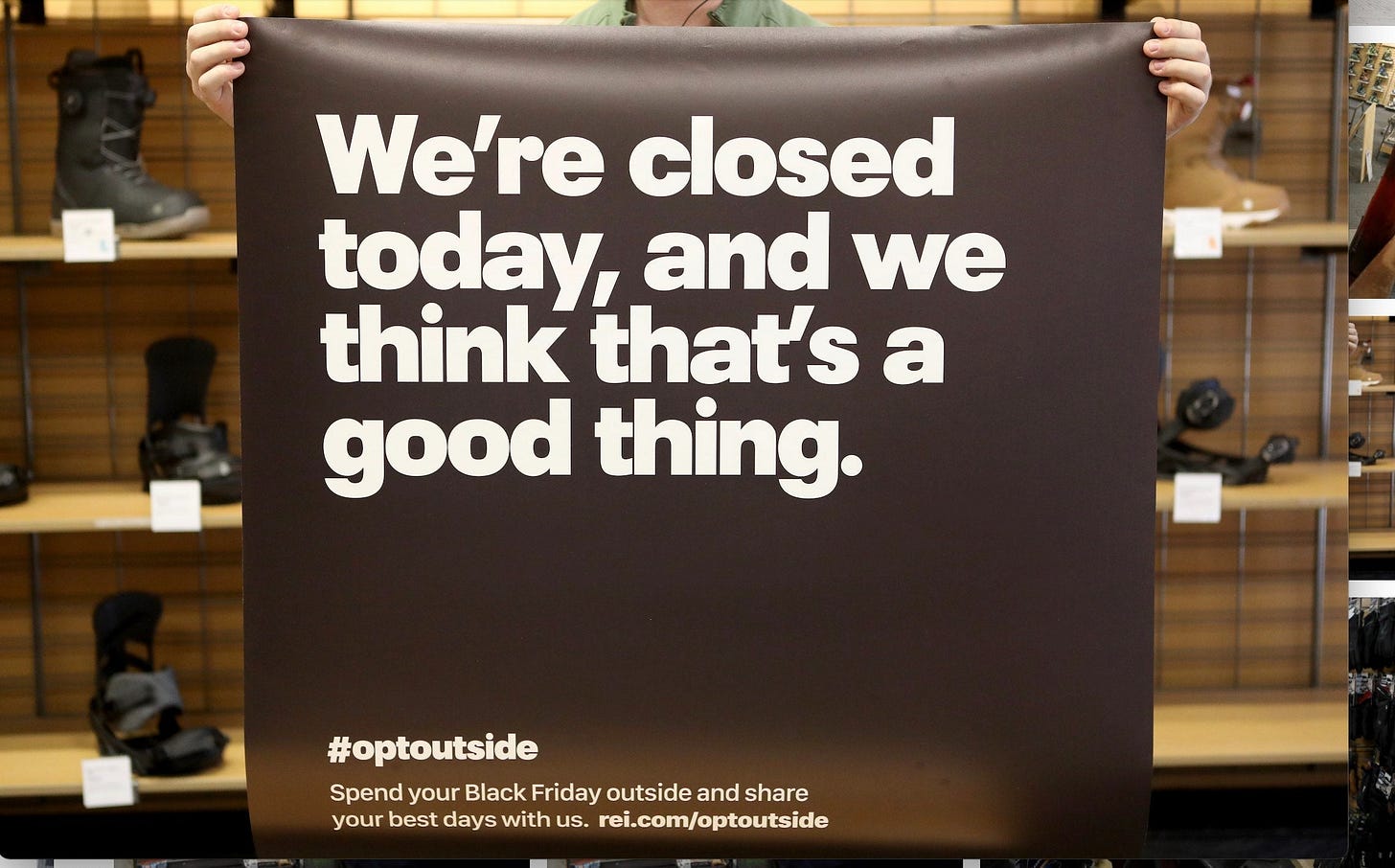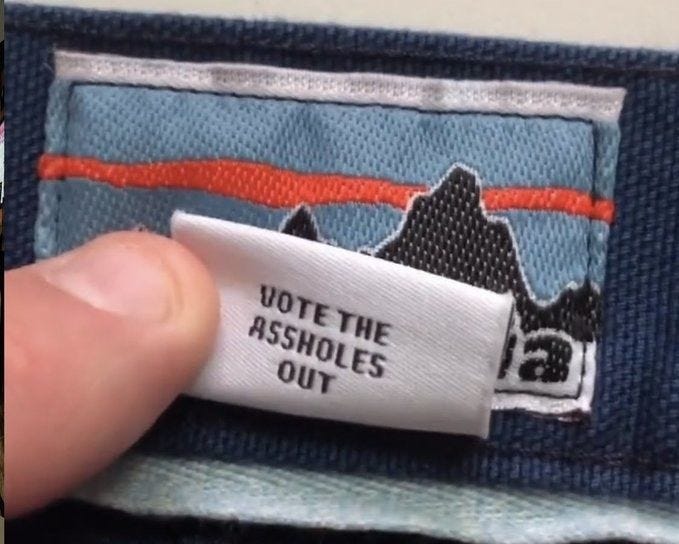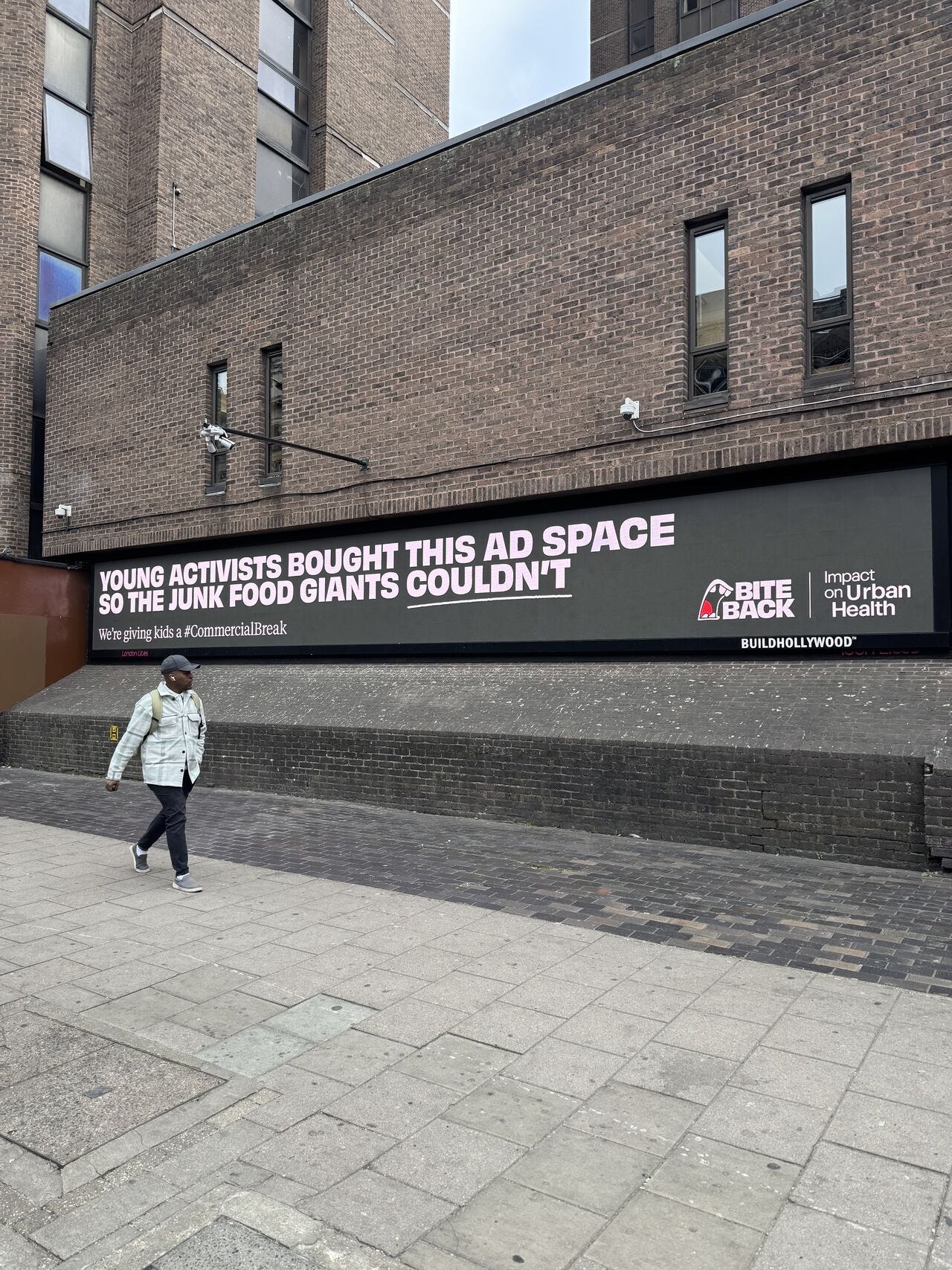Everyone is trying to get to the bar.
The name of the bar, the bar is called Heaven. - Talking Heads
This week:
The marketing world’s “culture war” may be the fight over brand purpose
Another day…
another article blasting brand purpose. The latest comes courtesy of an op-ed in the Guardian, with a rather provocative headline:
FYI, I typically enjoy the author’s trend breakdowns, just not so much this one. His Instagram is worth a follow
Marketing’s ‘woke’ rebrand has ultimately helped the far-right
Woah.
Beyond the provocative headline, it argues the era of brand purpose has lost the script. Offering the illusion of social progress in exchange for commercial gain. Our profitable agents of social reform.
The hypocrisy made evident, perhaps first with Pepsi/Kendall. Then with the Bud Light/Dylan Mulvaney boycott. And now with the willful rollback of DEI promises from the likes of Target, once champions of LGBTQ+ and now with plans to carry no PRIDE merchandise.
But as marketers, we must reckon with how we’ve trivialised activism by turning it into comms strategy, how we’ve co-opted movements only to abandon them when the winds changed.I’m not going to argue that there hasn’t been a level of hypocrisy (obviously), virtue signaling, and overpromising in some purpose messaging.
However, I do believe this is another example of the very broad paintbrush used to indict purpose-driven marketing/marketers that rely on the same few bad apples.
One that obscures the meaningful ways some brands (not saying every) can and should use “purpose” to differentiate themselves and grow their customers.
Okay, I’m going to give a few hot takes and then (hopefully) a more thoughtful one.
Why is it that we trot out the same cast of characters for brand purpose? Pepsi/Kendall Jenner. Bud Light/Mulvaney. Hellmann’s mayonnaise?
In the same vein, why is it that purpose is only relegated to those who pass the purity test? Patagonia. NIKE. Ben & Jerry’s.Why is purpose so often defined through ESG and DEI? These should be table stakes by now (current administrations notwithstanding).
Do we lack that much imagination to consider other ways to demonstrate a contribution to society? Or to reframe them through the contribution they make to our brand/business? As Opportunities, and not just virtue signaling?
If we’re going to point fingers, why aren’t we pointing them right back at our media spending? Meta, which arguably has done more to fuel outrage, depression and polarization than any other product out there, can do so while generating 98% of its revenue from advertisers. Google/Youtube, whose algorithms happily pulls viewers down ‘rabbit holes’ while ignoring the extremist blackholes its viewers fall into, generates 78% of its revenue from advertisers. TikTok, likewise, is 78%. We as an industry willfully look the other way and concentrate our dollars even more to these few, further incentivizing stickiness and eyeballs over the betterment of the audience.
And I suppose lastly, why does it bother so many people so much? Appealing to a higher-minded image of ourselves isn’t new.
Here’s my more thoughtful take.
OPERATE WITH PURPOSE / MARKET IT WITH CONVICTION
What does this mean?
It means taking an inside-out approach, defining a strong belief system based on what you (operationally) are doing, and then translating it (marketing) to the external world.
Turning the values that guide you internally and making them strong selling points externally.
What does this look like?
Ally Bank and Women’s Sports.
Operationally, Ally Bank has decided that not only was women’s sports worth the investment. It was worth helping it, taking it’s mission to Do It Right and show up for our customers when it comes to their financial needs.
Ally’s on the front foot making sure the NWSL gets prime exposure while helping bring in other marketers to invest. Proof of the bigger promise to be an Ally to its customers.
Full transparency, I worked on the launch of this effort and could not be more amazed and proud by how far Ally has taken it further.
Apple and Privacy
We tend to think of Apple and intuitive design which helps unlock creativity in all of us, but at its core is also the belief that Privacy is a universal human right. Operationally this meant providing App Tracking Transparency to its users, while designing for as much processing on device as possible to minimize the amount of data Apple needs to collect. This adherence to privacy has even cost the company, delaying its entry into AI.
However, these steps provide Apple with a point of differentiation from others as a right it protects for its users.
Yeti and Sustainability
Are Yeti’s overpriced? Or are they overengineered to maximize their lifespan no matter what you throw at them out in the wild? Built from a passion and belief that time outdoors shouldn’t be cut short by anything, especially bad gear, Yeti has turned sustainability into a badge of masculinity. Even winning over a lot for whom sustainability is code for woke.
One more for the road…
What does this look like in a framework?
I don’t know, maybe something like this:
Now why do I think this works?
Because lord knows conviction is scarce these days. So having a backbone immediately sets you apart from 99% of the sycophant brands out there that have paper-thin values.
And you’re starting from a truth about you and not about your target’s perceived values/concerns. And therefore when you meet those concerns it’s through a place of passion and not pandering.
There is no mission without margins. - Justin Dillon
Related:
This is one of the most painful takes I’ve seen in a long time 🫠 A thoughtful response from Kian Bakhtiari, founder of London-based marketing consultancy The People
These actions don't replace activism. They don't excuse corporate misbehaviour elsewhere. But they do move cultural needles. They do shift resources. They do legitimise what was once marginal. - Another thoughtful take from Zoe Scaman of Musings of a Wandering Mind
When you’re up against real problems, comms alone often isn’t the solve. By thinking laterally, brands can solve problems in ingeniously creative ways and make work that doesn’t weigh people down but uplifts, surprises and inspires.The Great Impact Reset - WeAreOnward’s guide to purposeful impact for brands marks 5 shifts including the shift from virtue signaling to providing inventive solutions
Purpose shifts the lens. Instead of asking, “How can we sell more?” marketers are being called to ask: “Why do we exist?” “What impact do we have?” “How can we create value that uplifts rather than exploits?” ELECTRØ • Brand Strategy Studio UNCERTAIN WORLDS PART 2: DESIGNING BRANDS AS A FORCE FOR GOOD provides a positive framework for brand and design strategy
Who taught you to hate yourself? Is probably selling you something…All these manosphere bros, all these red pill guys is also selling a course.
- Josh Johnson
Other Headlines
Search online for an image of climate victims and you are likely to see a photograph showing a stereotypical image of “brown women and children” standing in rising flood waters.
In other words, the climate vulnerable are portrayed as the same people who are already considered vulnerable.What climate vulnerability actually looks like The consistent framing of climate vulnerability reinforces old stereotypes while obscuring the reality - that all of us are now climate vulnerable. Even affluence can’t make us immune to its effects.
In their paper, the researchers reported the median concentration of microplastics in 24 human brains from 2024 was nearly 5,000 micrograms per gram…
That’s about seven grams of plastic per brain — as much as makes up a disposable spoon or about five water bottle caps.Today, the wealthiest middle-aged and older adults in the U.S. have roughly the same likelihood of dying over a 12-year period as the poorest adults in northern and western Europe.Not even wealth is saving Americans from dying at rates seen among some of the poorest Europeans. The wealthiest group in northern and western Europe had mortality rates about 35% lower than the wealthiest group in the U.S
And so I’m anti-anti-consumerism, at least in its current form. It’s full of harsh judgment of other people for not sewing their children’s outfits by hand, which is willfully ignorant of all the ways that your lifestyle is made possible by the fact that consumer goods are affordable.In defense of cheap stuff. I did wonder if a positive byproduct of these tariffs might also be a decline in Temu/Shein cheap shit that ends up in landfills. But that perspective comes from a place of advantage. For many, cheap shit isn’t that cheap. It’s how they afford to get by.
Because officially speaking, the working homeless barely count: HUD doesn’t record people living in cars, hotels, or others’ apartments. That exclusion is intentional...All told, the actual number of people without housing in America may reach more than four million, Goldstone writes, dwarfing HUD’s most recent count of 770,000.Invisible Crisis: The hidden phenomenon of working homelessness a review of a new book There Is No Place for Us: Working and Homeless in America illustrates the plight of many who work and yet still cannot afford basic housing as told through five families in Atlanta.
House passes bill that could make it harder for married women to vote
The Safeguard American Voter Eligibility (SAVE) Act purportedly aims to block non-citizens from voting, which is already illegal and is very rare.
However, it could pose a barrier to millions of married women whose birth certificate doesn’t match their current legal name because they changed it in marriage
From Pew Research The public and experts are far apart in their enthusiasm and predictions for AI. However, both public and experts do share a concern over a lack of government regulation of A.I.
“Before asking for more headcount and resources, teams must demonstrate why they cannot get what they want done using AI,”Succession’s Brian Cox is encouraging people to ‘Clock Off’ for Malibu rum (by Wieden+Kennedy)
Is Brian Cox the new face of mental health work-life balance?
Group is targeting advertising agencies over ‘Legal Warming’ - it’s like global warming with lawyers. Warning ad agencies they risk legal action for their work with fossil fuel emitting clients.
Brands are ditching lifetime warranties—but not because they’re taking advantage of you
You can learn a lot by doing repairs… as brands like Cotopaxi and Saatva are using their repair services to improve future designs while lessening their textile impact
If your brand cares about how your product is made, then it would seem incongruous to use AI to mimic the style of a maker.“Overproduced content doesn’t perform as well on our channels.”Liquid Death, Adidas, Vogue… and Byron Stewart here pop a bubble in the myth that to win on social is to be lo-fi / UGC.



